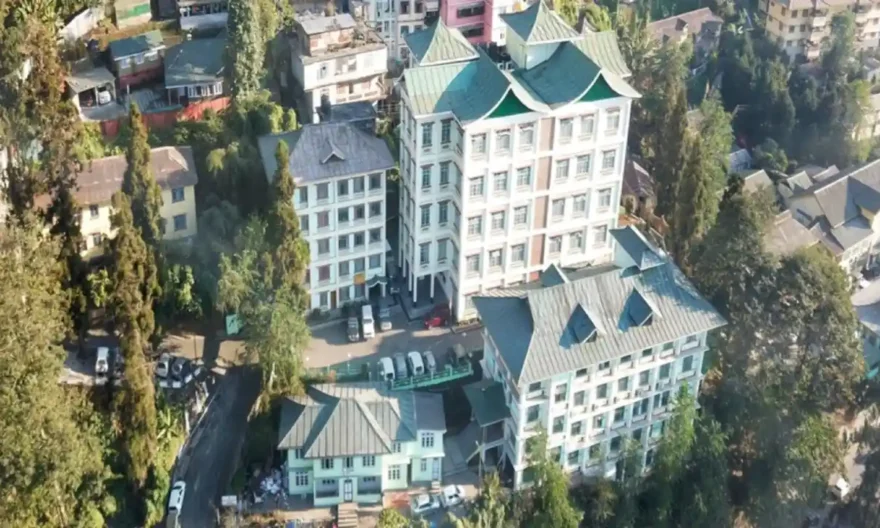
The Sikkim High Court recently emphasized that judgments passed by criminal courts cannot be revised, reopened, or reversed through applications for modification or clarification.
The court denounced such applications as an abuse of the judicial process and stressed the importance of upholding the integrity of the administration of justice.
A single bench of Justice Bhaskar Raj Pradhan was considering an application filed by the Joint Director of the Enforcement Directorate (ED) nearly eight years after the judgment was passed on September 22, 2015. The application sought modification or clarification.
The case involved the Eastern Institute for Integrated Learning in Management University (EIILM University), which sought to invalidate a show cause notice and subsequent proceedings initiated by the ED under the Prevention of Money Laundering Act (PMLA). EIILM University argued that the show cause notice was issued by a Bench that lacked a Judicial Member, as required under the PMLA. In 2015, the court had concluded that a Judicial Member was essential in cases involving significant legal and factual questions, after hearing all parties and examining the relevant provisions of the PMLA.
The present application sought clarification on whether a Member (Judicial) and a Member from the field of Law of the Adjudicating Authority, as mentioned under Section 6 (3) (a) of the PMLA, were the same.
The Deputy Solicitor General of India, while mentioning that the Adjudicating Authority had confirmed the attachment orders without a Judicial Member, leading to appeals and remands, orally submitted that the court could utilize the provisions of Section 482 of the Code of Criminal Procedure, 1973 (Cr.P.C.), to make the necessary amendments.
Deliberating on the matter, the single bench referred to previous Supreme Court rulings that condemned the practice of indirectly seeking review or revision of concluded judgments through such applications. The court expressed concern about the abuse of the judicial process and emphasized the limited scope of exercising inherent powers under Section 482 of the Cr.P.C.
The bench noted that the applicant had sufficient opportunity to file a review petition or appeal within the prescribed time but had chosen not to do so for nearly eight years. It observed, “The application, in fact, states that it sought to comply with the judgment dated 22.09.2015. The present application for modification/clarification is evidently a device to persuade this Court to revisit, reopen, and reverse the judgment dated 22.09.2015. This is clearly impermissible.”
Based on these grounds, the bench found the petition to be without merit and dismissed it.




